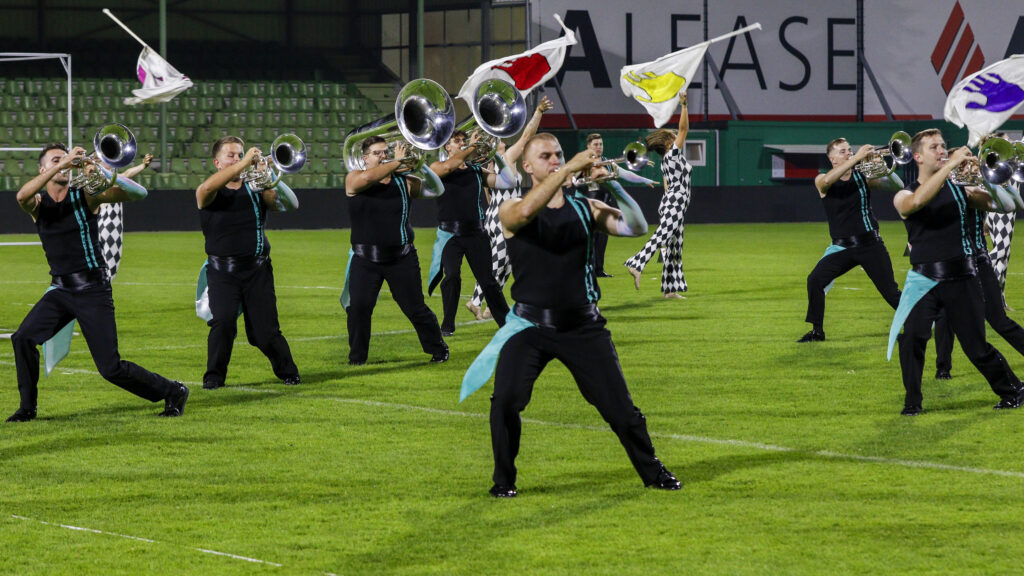Last weekend, on the cusp of the 32nd summer of Drum Corps International, a strategic planning committee met to discuss the current and future position of Drum Corps International, its mission and vision, and where DCI could or should direct itself in the next three to five years.
The committee, made up of three DCI corps directors, a Division II & III representative, a high school band director, a college music school department chair, five DCI non-director board members and advisers, a prominent drum corps enthusiast and the DCI executive director, addressed issues from a framework provided by what the committee perceived to be DCI’s strengths, weaknesses, opportunities and threats.
Much of the weekend rotated around the current written mission of the organization, a review of its stated aims, goals and purposes, and DCI’s place and impact in North American society and culture relative to the specific areas of music, education and pageantry. The committee also forecast DCI’s possible place in international music and pageantry industries and alliances.
Discussions ranged from such issues as:
- The current impact and future trends for pricing fuel, food and use of facilities
- The world terrorism threat
- Trends in education and technology
- Regional acceptance and misperceptions from many different communities served and not served by DCI
- The corps' willingness to approach programmatic risk vs. reward
- Multilevel dimensions of diversity (or lack thereof) within the activity
- Marketing DCI
- Individual corps, as well as organizational financial models
- Disparities between the multiple defined and undefined levels of the activity DCI serves
- The corps increasing need for common services which are or could be provided by DCI. Also discussed at great length was DCI's current governance structure. The question of "who is served" by DCI continually emerged and many times the answer was different depending on the perspective of the person speaking, as well as the topic being discussed (entertainment, education, non-profit youth activities, etc.), as well as when they are being served (through the summer vs. year-round). The committee members contributed volumes to the process, which will continue with another meeting in the late summer, before the information is packaged with recommendations to the DCI board of directors at their mid-September meeting. Through the competitive season there will be discussions throughout the activity stimulated by the initial gathering and its report, which will be shared with all interested parties, with the expectation of thoughtful discussion, debate and response. Dan Acheson, DCI executive director, sums up the current strategic planning initiative by stating, "Drum Corps International has never been in a better position to accelerate forward as an activity and a business. If one analyzes the operation today it is clear that DCI is setting itself up to take on unimaginable growth. After near bankruptcy, both financially and spiritually, ten years ago, the good fortune realized today must be coddled, appreciated and exploited. The successes enjoyed recently are because a handful of strategic thoughts were executed. Imagine what DCI can be with a comprehensive strategic plan, followed up with an ongoing implementation effort to keep the plan in the present, while always looking into the possibilities of the future."





